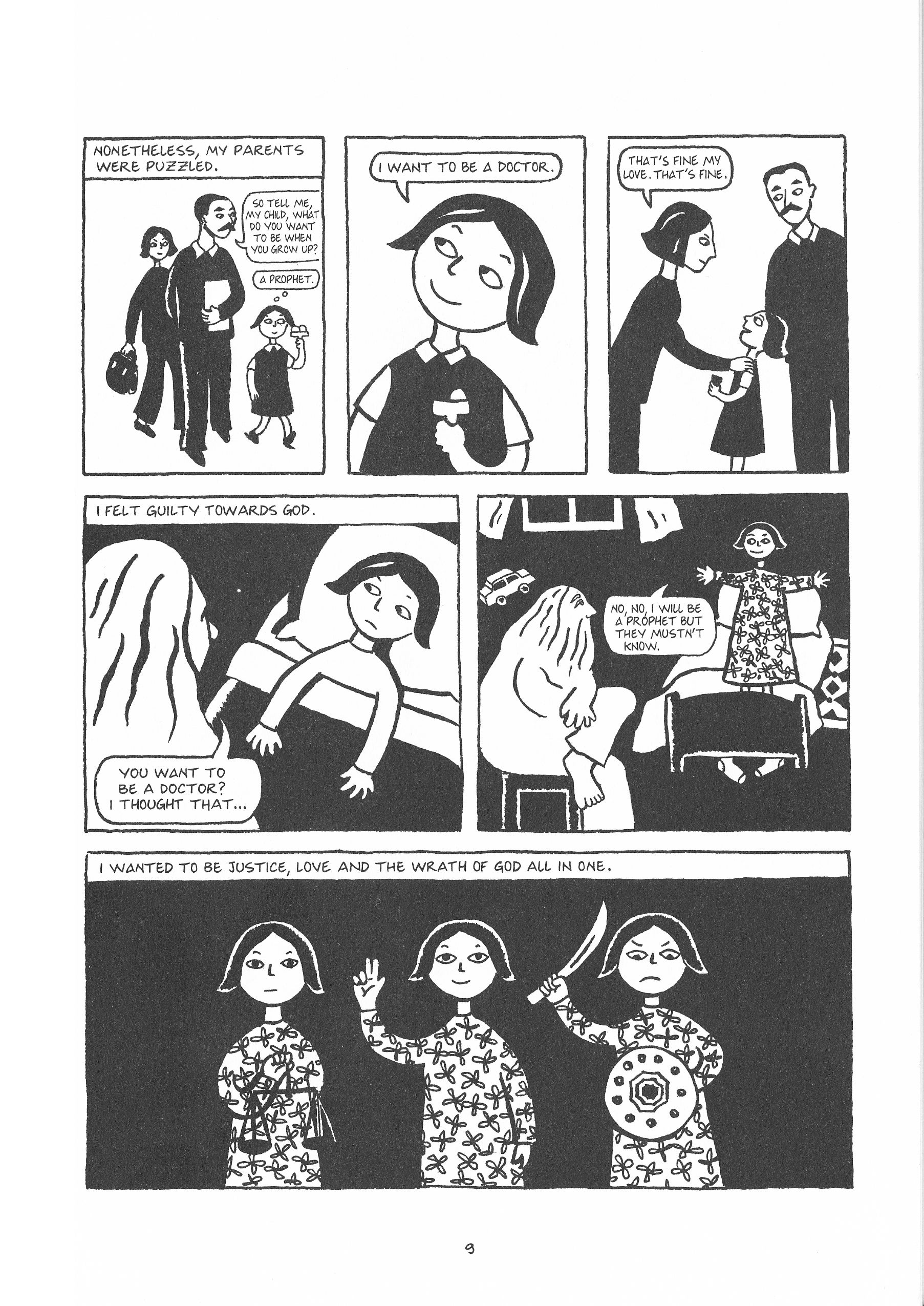| Link |
Audiences enjoy a good, inspiring story
based on true events. Heck, at the time of this writing, we’ve had a slew,
dozens of movies and books based on a true story or somebody’s life each year.
However, overtime we’ve come to understand that memoirs and the biography genre
may not truly represent the subject’s life. Narratives have different
requirements and constraints than real life could accomplish and sometimes a
creator has to embellish a few aspects to give it a better narrative flow.
Because of this, how “true” could a true story be if the facts can be
embellished and change, wouldn’t that be no different than making it up? Talk
show host Frank Stasio of Talk of the
Nation discuss A Million Little
Pieces on “The Ethics of Memoir Writing” with journalist and writer of
non-fiction and the editor of The Paris Review Philip Gourevitch, along with Professor
Nicholas Christopher of Columbia University. Despite the subject being A Million Little Pieces by James Frey, this discussion will instead focus on the graphic novel Blankets by Craig Thompsons, apply the ethics behind biographical embellishment and whether it betrays the author’s integrity.
When a creator labels a story as
true, we instantly trust their integrity. However, if evidence surfaces
claiming deception on the writer’s part, Mr. Gourevitch claims it to be no
different than:
If [he says] to you, ‘Here, buy this car.
It’s a hybrid,’ and then it turns out actually it’s a gas guzzler—if I say to
you, ‘Buy this war. There are weapons of mass destruction and they’re tied to
terrorism,’ and then none of those are proved, you would have reason to
question me.
 |
| Or maybe the author lost the records. Link |
Gourevitch’s
stance is that an author should be honest, that if he or she claimed that the
story is true, it better be exactly what it says on the tin. Any evidence to
contrary and the author is nothing more than a con artist looking suckers to
scam. Professor Christopher, however, is much more lenient to author, citing
that it’s human nature to be flawed and our memories can be imperfect. “But
when you’re writing a memoir, you’re saying—you’re making a covenant with the
reader saying, “The facts in here are accurate as best I can remember them,”
says Christopher, though nevertheless he establishes his limits by stating,” If
you start appropriating other people’s lives, . . . and the other people’s
tragedies and then transfiguring those, I think it’s just unethical and bogus
and lying after awhile.” I understand Christopher’s point if other people are
used for another author’s purpose, whether it is their fictional selves being
warped or unflattering caricatures.
| Link |
In the first chapter of Blankets, Craig Thompson establishes his
Christian upbringing and poor home life. There were several scenes that
depicted child-Craig as pathetic and tormented, which could be a device the
Thompson is using to illicit sympathy from his readers to his plight. In
addition to things that could be embarrassing such as the pee fight between him
and his brother in a later chapter. However, it also suggests his
parents—particularly his father—were abusive because his father responded to
child-Craig’s and his younger brother Phil’s complaints over sharing a bed with
hostility and punishing them by locking Phil in the Cubby Hole, a room that’s a
cross between an attic and a closet. According to Thompson, his parents
received a copy of the book and were not pleased, however, their displeasure
was probably more focused on the fact that he meant for the book as a means of
“coming out” to them, in that he renounces Christianity but still holds faith
in God and Jesus. In addition to his own family represented, Thompson is also
representing Raina’s, his love interest, family as well, who are conveniently
in the middle of a divorce and depicting their family troubles.
There’s
a distinction between fiction and lying. Fiction is not lying, it’s telling
truths through one’s imagination. There are some people who feel there is no
need to feel betrayed. For example, a person named Judy calls the show to offer
her perspective over the issue:
I don’t personally have a problem if I
actually don’t know what parts were changed. But I learned, when I was taking a
qualitative research course in the PhD program, that sometimes a fictionalized
account of something can be more powerful. . . . sometimes if you just recount
the facts, that’s kind of cut and dry, but if there’s an added fictionalized
aspect to it . . . you can convey the feeling of the experience much better.
| When I was little, I would just pretend my bed was a circus, or a caccoon, or a magic carpet, or my last bastion against the monsters and things living under it. I should stop. Link |
Going
back to the idea that life is not as exciting or inspiring without the lens of
fiction as depicted in books or movies and sometimes embellishment is needed to
enhance the experience. In fact, folklore, myths, and legends were “true
stories” that became exaggerated overtime through generations of re-tellings
that nevertheless ring powerful truths. We may doubt that there was a girl
called Cinderella but we still believe in karma through the fairy tale.
 |
| Link |
Occasionally
Thompson’s novel will get surreal and of course it probably never happened in
real life but only to convey his thoughts, dreams, and a visual display of the
unreliable narrator. Occasionally I question whether Raina and her family are
real and whether their problems were real. However, Thompson’s focus is not on
them but a character study of his own spirituality and coming of age, his own
independence from Christianity.




